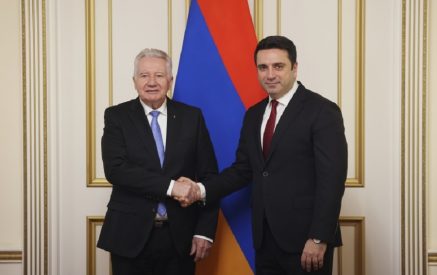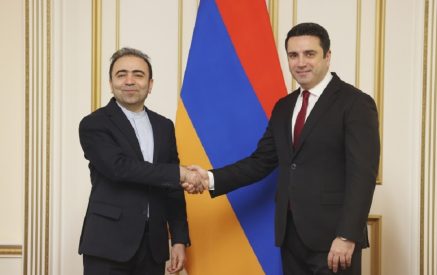Do you remember once a respectable woman used to say, “Why should I pay taxes for them to go and spend the money at the casinos?” To say that there is no grain of rational in these words, certainly, would be wrong. But let’s compare two situations: 1/ you pay taxes and demand that they are used as appropriate, and do not establish any relationship with the authorities, 2/ you do not pay taxes normally and try to find common language with the authorities, perhaps also giving some of your unpaid taxes in cash to the same authorities. Which is more dangerous for the state?
The correct approach for it is to pay and demand. I will pay not 1000 but 10 000 AMD from my salary every month for the deceased and injured soldiers as soon as the appropriate foundation is set up. In fact, in addition to suggested options, I would like to add one technical idea too. To take part in the fundraising, it should be sufficient for me to write an application to my director or accountant and they transfer this 10 thousand drams to the corresponding foundation so that I do not lose time on it every month. Again I repeat, it must be voluntary.
I am ready to pay instead of the poor, social activists, politicians who are getting prepared for the elections, for those who are seeking a complaint in everything. I am sure that there are and will be thousands of people like me. However, this does not mean that we have more trust to the government than the above-mentioned categories. But if we follow the logic “And what if it is stolen”, then as it was already mentioned, we cannot pay taxes too. This, certainly, means that it is necessary to obtain certain agreements with the authorities, in other words, to increase the likelihood of stealing. While with paying taxes, on the contrary, I will have the place to speak up.
Recently, a group of pensioners had “crossed the road” to one of my colleague journalists and in line with traditional questions had asked, “When is this country gonna be a country?” They asked the question, become furious, bawled and then crossed the street to the opposite sidewalk. Not by overground crossing which was 10 meters far but by the busiest section of the street by “maneuvering” between the cars nervously giving signals.
Aram ABRAHAMYAN






















































